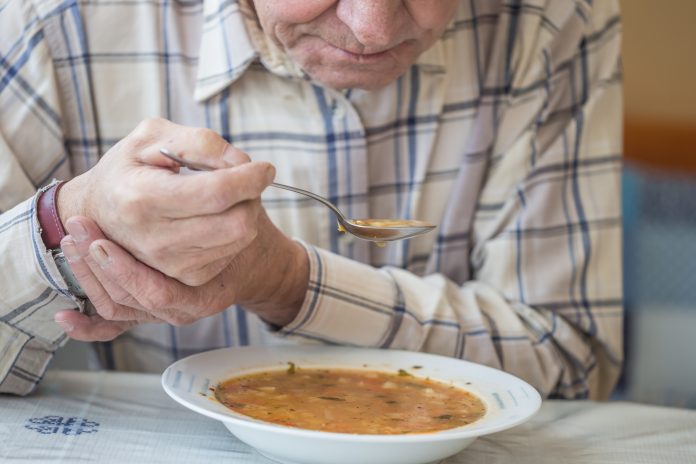
Neurologists at Beth Israel Deaconess Medical Center (BIDMC) in Boston have developed a skin biopsy test able to assist in the early diagnosis of Parkinson’s disease and related neurodegenerative disorders, collectively known as synucleinopathies.
The study, published in the Journal of the American Medical Association (JAMA), highlights the effectiveness of the test in detecting the abnormal presence of alpha-synuclein, a key biomarker for synucleinopathies with impressive accuracy.
“Nearly 200,000 individuals in the U.S. receive a diagnosis of Parkinson’s disease, dementia with Lewy bodies, and related disorders annually. Unfortunately, the path to reaching an accurate diagnosis is often fraught with delays and misdiagnoses due to the intricate nature of these conditions,” said Christopher Gibbons, MD, a neurologist at BIDMC and professor of neurology at Harvard Medical School (HMS), who led the research.
“Our study showcases the potential of a minimally invasive skin biopsy test to significantly enhance diagnostic precision and patient care.”
Synucleinopathies, which affect an estimated 2.5 million Americans, include Parkinson’s disease (PD), dementia with Lewy bodies (DLB), multiple system atrophy (MSA), and pure autonomic failure (PAF). Although these conditions share some clinical symptoms and are all marked by the abnormal accumulation of phosphorylated alpha-synuclein (P-SYN) in cutaneous nerves, they differ significantly in prognosis and response to treatment.
For their study, Gibbons, along with his colleagues and contributors from 30 neurology practices nationwide, enrolled 428 participants aged 40–99, including individuals clinically diagnosed with one of the synucleinopathies and healthy controls. The study involved taking three skin punch biopsies from each participant at different body sites.
Roy Freeman, MD, director of the Center for Autonomic and Peripheral Nerve Disorders at BIDMC and a professor of neurology at HMS, expressed enthusiasm about the diagnostic accuracy of the test. “Our findings confirm the presence of alpha-synuclein in the skin’s nerve fibers, a discovery that could revolutionize how we diagnose and manage these complex disorders.”
The study’s results were striking: 93 percent of PD cases, 96 percent of DLB cases, 98 percent of MSA cases, and 100 percent of PAF cases showed positive biopsies for P-SYN. Interestingly, a small fraction of the control group also tested positive for P-SYN, suggesting a potential early marker of synucleinopathy risk.
This research builds on prior efforts by Freeman, Gibbons, and Ningshan Wang, PhD, an immunohistochemist at BIDMC and assistant professor of neurology at HMS, who have been investigating reliable biomarkers for synucleinopathies since 2009. Their collaboration with CND Life Sciences, a neurodiagnostics company, aims to refine and commercialize this diagnostic method.
Looking ahead, the BIDMC team is optimistic about the impact of their work on the development of new treatments for synucleinopathies. By accurately identifying patients with specific biomarkers, researchers can more effectively design and implement clinical trials for investigational drugs targeting alpha-synuclein, potentially accelerating the path to finding effective therapies for these debilitating conditions.













